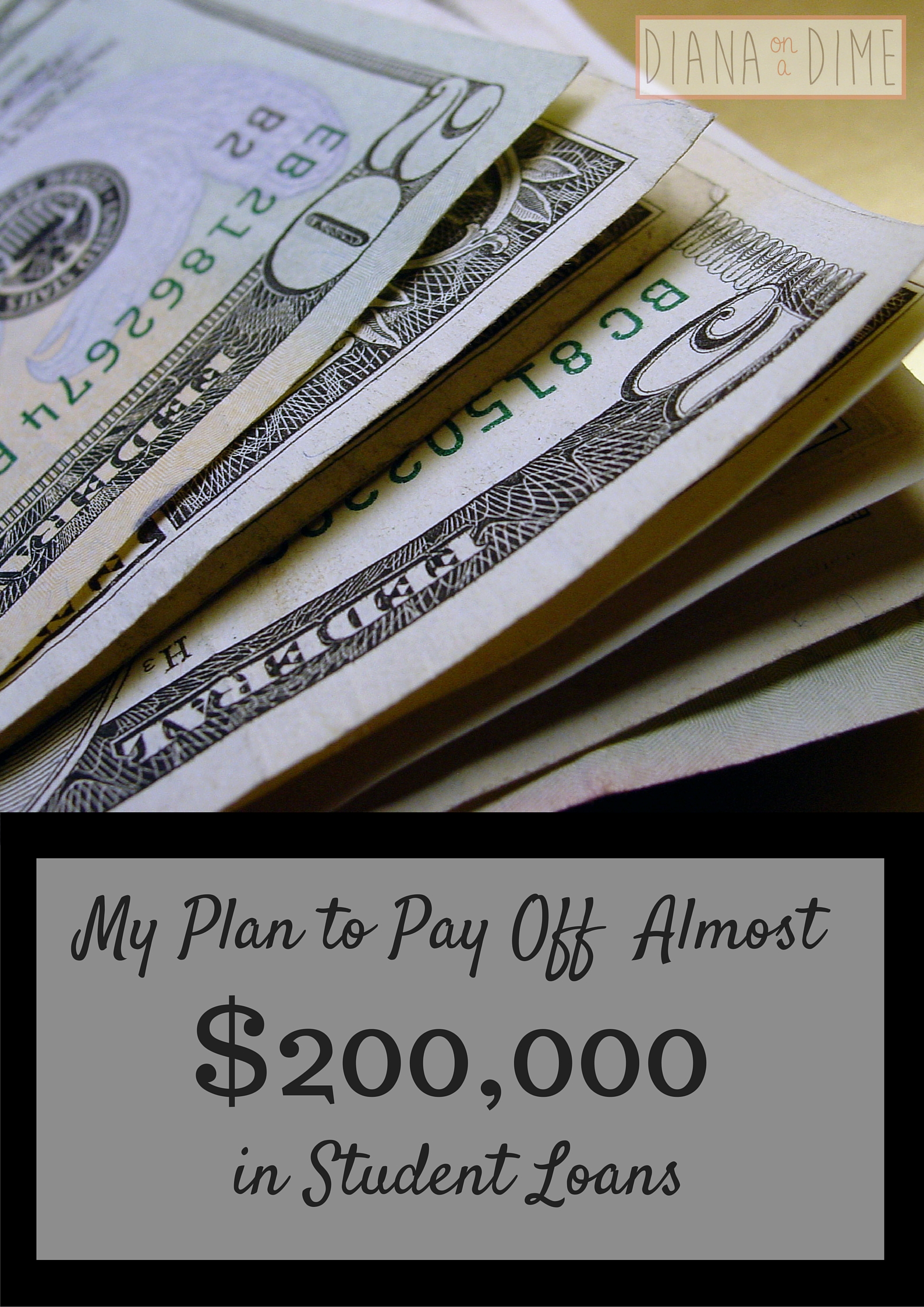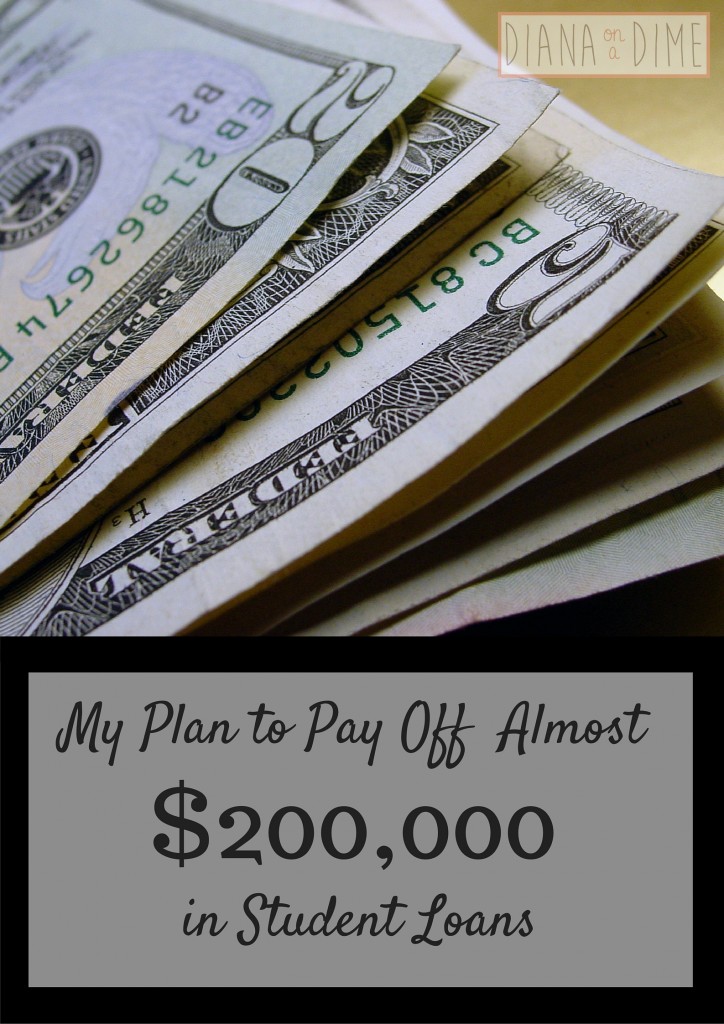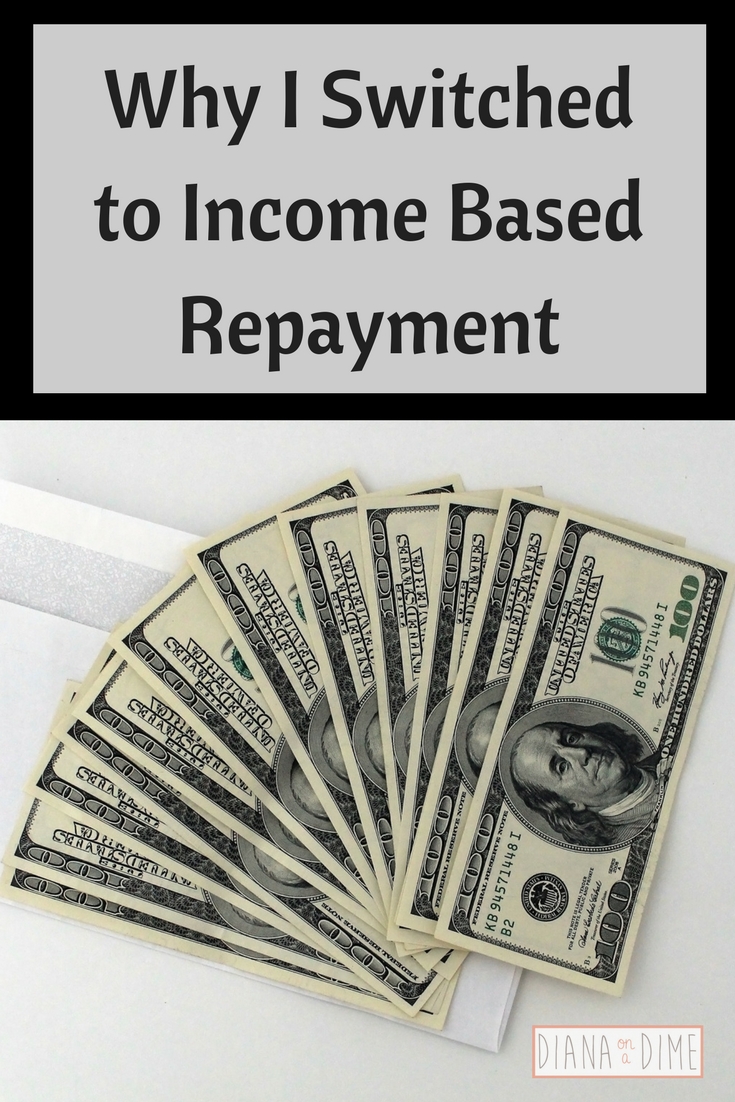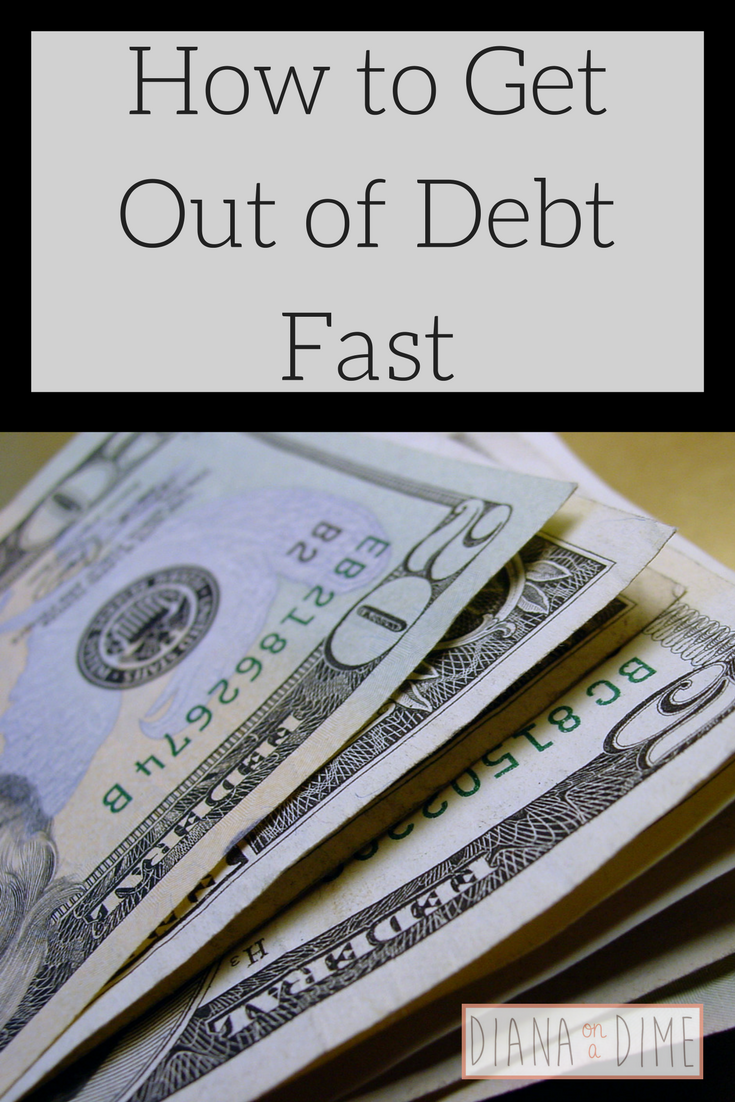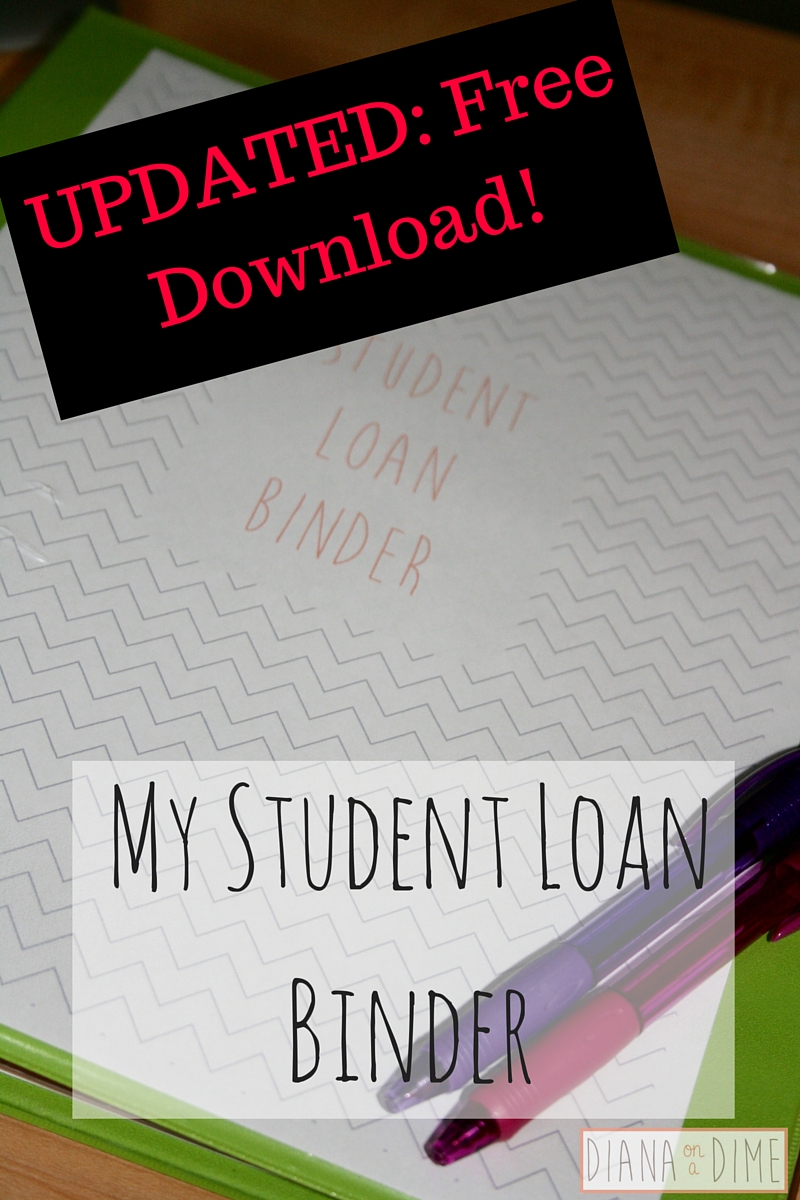My Plan to Pay Off Almost $200K in Student Loans
This post may contain affiliate links. Check out my Disclosure Policy for more information.
So, the day finally arrived that I had been anxiously waiting for, my first student loan bill arrived in the mail. I just finished my graduate studies in August and knew it was coming. My private loans did not have a grace period, so I assumed my first bill would most likely be due by November. Sure enough, my first payment is due November 2nd. Before I got the bill, I wasn’t sure how much my payments were going to be each month. I guessed that they would be around $1,500 a month because that’s what my sister pays with a similar amount of debt. Of course, I budgeted for the worst and went for $2,000, since I went to grad school. It turns out all the debt I paid off during grad school was worth it, my private student loan payment is $1,400, much less than I thought it would be. My federal student loan payment was originally $600 each month, but I switched to an income based repayment plan and got it lowered to $250. It was a tough decision to switch to a different payment plan, but I wanted to be able to put as much money to my private loans, since they have much larger interest rates.
Where to Begin: Get Angry
Like I have mentioned in previous posts about my amount of debt, when I first really acknowledged the amount of debt I had, I felt like I would never be able to pay that off. I mean, $200K is a massive amount of debt. I don’t want to be paying this off still when my children are starting college, which is what will happen if I stick to the 30 year repayment plan. Honestly, that’s what really lit the fire under my butt, knowing I wanted to buy a house, have kids, send them to college, things that will be much more difficult if I have this massive amount of debt looming over my head. Plus, who wants to be paying off their student loans at age 50, definitely not this girl. Get angry at your student loans, put things into perspective and get crazy mad at that large sum of money that is preventing you from doing more things and saving more money. And just think about how nice it will be once it is all paid off 🙂
Create a Plan to Payoff the Debt
Once you have reasons to motivate yourself to payoff your debt, create a plan. Some people need to use the snowball method because they need motivation in the beginning to get going. Others think more long term and prefer a method that allows them to save the most amount of money, or the avalanche method. Personally, since I have such a large amount of debt, I’m thinking long term and how I can save the most amount of money. So, I’m sticking with the avalanche method. This means that right now I am focusing on one of my debts that has a 8.05% interest rate and started at just above $40,000 (I’m proud to say that this debt is now at $12,000 after chipping away at it for the last year during grad school, WOOHOO!!!). After this debt is paid off I will move onto my next largest interest rate and so on. If two loans have the same interest rate, then I pick the loan that is largest amount. I strongly recommend using ReadyForZero, I basically swear by this website in my debt payoff. It does take some time to type in all the information each month, but it provides me with a graph of my progress and when I’ll be debt free. Also, it’s completely free and has an app that allows me to check my progress wherever. I find it extremely motivating to see my daily interest go down after I make all my payments each month and to see how much sooner my debt payoff date is.
Update June 2016: I officially paid off that first loan!!! This means that I have now moved onto my next focus loan, which also has a 8.05% interest rate, but it is much smaller, only $16,000. I plan to pay this one off in one year, June 2017.
Update March 2017: I paid off my second loan 3 months early! I now have no loans with an 8% interest rate, finally! Now onto the next one.Also, ReadyForZero no longer offers their service. I have finally found a tool that works well and I find it very motivating and helpful in my debt payoff. Check out my review of the website!
How Much to Pay Each Month
It can be difficult to decide how much you can afford to pay towards your debt each month. I strongly recommend paying extra each month, any extra money you have, even if its $20, can make a difference in your debt payoff date. For me, I can afford my required payment in one paycheck, so I pay my bill on the 15th, when I’m paid. I never budget for my additional payment. This may sound odd to some people, and for a lot of people this might not work. However, I am currently in a very different situation than most. After I finished grad school, I moved back in with my parents in order to really tackle this debt, and they live 20 minutes from my job. This means that I don’t have many bills each month. Also, I work other jobs each month, like tutoring and babysitting, that make my income vary month to month. I do budget for gas each month, my bills, my 2 savings account, and my 403b account. You’ll notice that I do save each month, it’s not much, about $250 across the 3 accounts, but while I’m living with my parents I want to make sure I’m saving some money while I can. Since I pay my bill on the 15th each month, this allows me to make my additional payment at the end of the month when I am paid again. This is when I go through my budget for the month and see how much money I have left over that can go towards my debt. I hope to be able to pay an additional $1,000 each month.
Update June 2016: Since writing this post my monthly payment plan has completely changed, I found ways to make it much more aggressive. I made it a goal for myself to pay off all my student loans before I turn 31, that’s in 7 years. So, I went to my ReadyForZero account and changed my debt payoff date to determine what I would need to pay each month to pay it off by then. Turns out an extra $1,000 allows me to be debt free by my 31st birthday. I’m currently paying at least $2,600 each month with my teacher salary, living at my parent’s house (thanks Mom and Dad!), working extra jobs, and lowering my savings withdrawn each month. Instead of $250 I only put $125 into savings each month so that I can focus on my student loans.
This system might not work for you, but it’s what is working for me and my current situation. If I wasn’t living at my parent’s house, I don’t think this system would work for me since I probably would not be able to afford paying my entire bill in my one paycheck. What’s your debt payoff plan? What strategies have worked for you?

